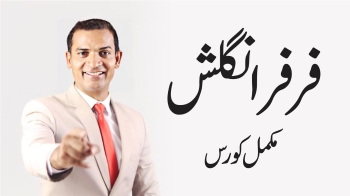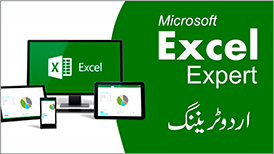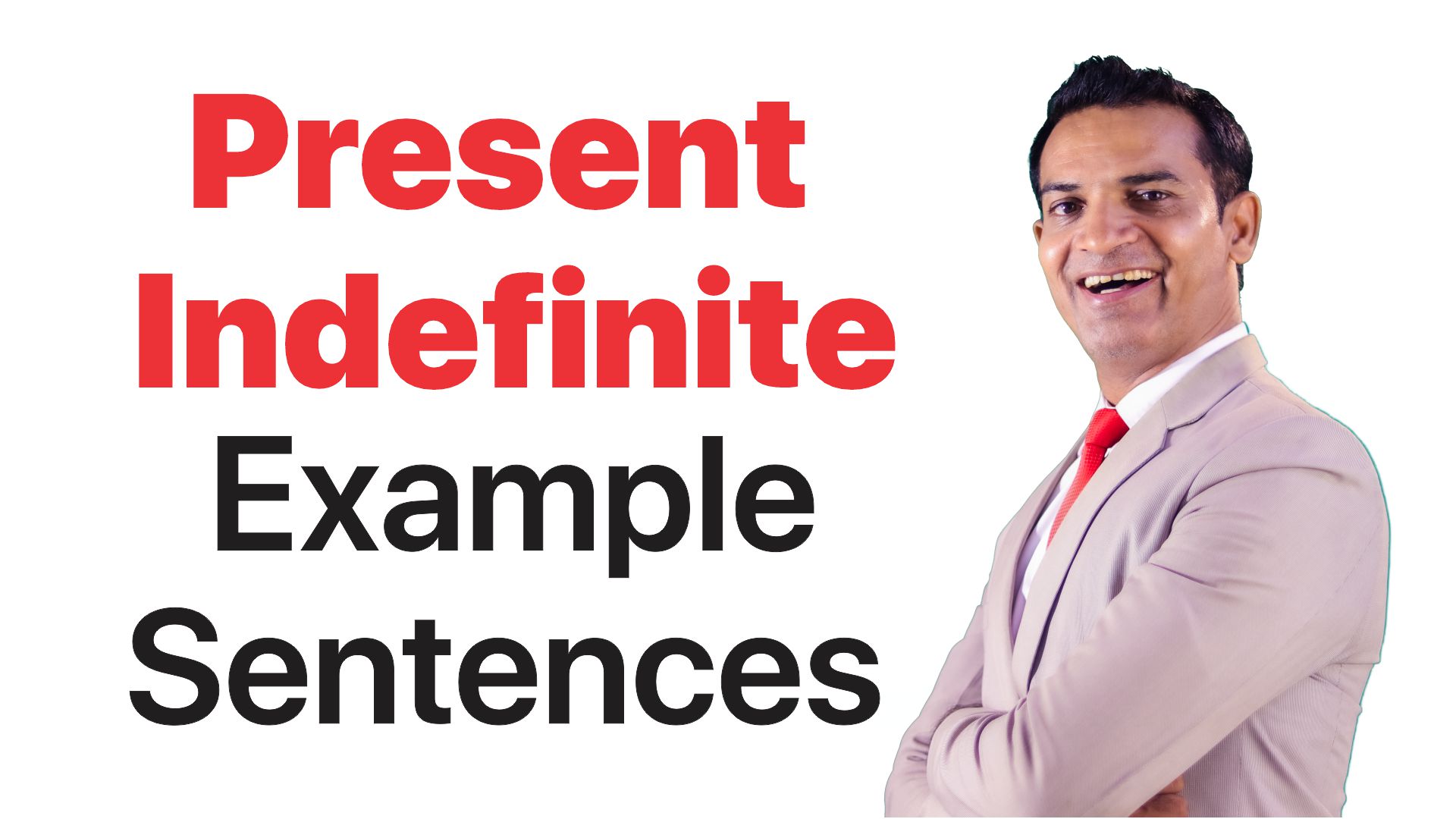Basic English Tutorials For International Learners

Learning a new language for any beginner learner may prove to be an uphill task especially at the very start of learning the language.
It is therefore essential that the learner is fully equipped with the correct learning material and conducts the learning sessions with the assistance of a highly qualified tutorial fellow.
Grasping the use of correct English grammar requires one to be under a qualified teacher whether physically or online who can engage you in fruitful conversation with the aim of not only learning the language but also having a good foundation on the language.
It is therefore of utmost importance that you learn English Speaking Basics.
The following simple phrases and expressions can assist in the learning process.
Use Of Abbreviations
Native English speakers are fond of shortening words and using abbreviations during conversation.
Two words are joined together to make a one word phrase that has the same meaning as when used separately.
Example is the word ‘I am’ which is shortened to I’m’.
It is used by the first person to give a description of an activity that the person is doing or had done and often is used by the first person only.
Examples of the use of the word in sentences include;
I’m hungry, I’m driving, I’m not in the mood to go to the park in the afternoon, I’m so confused because at one time he says one thing and changes his mind the next minute.’
The short abbreviation can also be used in conjunction with descriptive words.
For example, I’m extremely tired because I have done a lot of work today.
I’m so happy he brought me a vase of flowers.
I’m very sorry I sent my condolences much later on when the event had already occurred and forgotten.
There are other variations of using the words I am and here are a few examples that you can use in sentences to improve your communication skills.
I Am Looking Forward To
The words are used to express anticipation for an event that will happen in the future.
They usually are used to symbolize desired expectation that brings pleasure to the persona.
They do not necessarily connote the meaning that the event is going to happen but state an event that is most likely to happen and the person saying the phrase has pent up hope for the occurrence of the event.
Examples in sentences; I am looking forward to meeting the President one day in the future (again as illustrated in the sentences it is hope and therefore the person saying it may not be very sure of the occurrence of the event but hopes that it will happen on an unnamed date).
I am looking forward to going to my hometown next Friday. I am looking forward to flying the plane sometime next week.
I Would Like To
The phrase can at times be used instead of I am looking forward to.
However, not in all circumstances with the phrase be used in place of I am looking forward to and still have the same meaning.
It is used to express what one would enjoy doing or would want to do in the future.
It is not an assurance that the event or action or hoped for will actually take place.
For example, I would like to go to the park tomorrow.
I would like to join Piano classes next semester.
I would like to visit the doctor quarterly within a year.
Most of the time the phrase is usually followed by a verb, this is because the person is expression an action that will be done in the future.
I Didn’t Mean To
The word didn’t is an abbreviation of the words did not.
When used in combination of the words mean to it implies that the person is not that convicted one whether what they did was right.
It is used to say that they regret or are remorseful for having done the wrong thing.
The actions may have been physical, mental or one may have uttered words that they may have regretted uttering.
There are a few examples to show the use of the words I didn’t mean to for example, I didn’t mean to hit the car.
I didn’t mean to talk rudely to the new intern.
I didn’t mean to tarnish your name among the employers.
The phrase often is used in conjunction with a verb to express the action done.
Invalid YouTube URL
Learning a new language for any beginner learner may prove to be an uphill task especially at the very start of learning the language.
It is therefore essential that the learner is fully equipped with the correct learning material and conducts the learning sessions with the assistance of a highly qualified tutorial fellow.
Grasping the use of correct English grammar requires one to be under a qualified teacher whether physically or online who can engage you in fruitful conversation with the aim of not only learning the language but also having a good foundation on the language.
It is therefore of utmost importance that you learn English Speaking Basics.
The following simple phrases and expressions can assist in the learning process.
Use Of Abbreviations
Native English speakers are fond of shortening words and using abbreviations during conversation.
Two words are joined together to make a one word phrase that has the same meaning as when used separately.
Example is the word ‘I am’ which is shortened to I’m’.
It is used by the first person to give a description of an activity that the person is doing or had done and often is used by the first person only.
Examples of the use of the word in sentences include;
I’m hungry, I’m driving, I’m not in the mood to go to the park in the afternoon, I’m so confused because at one time he says one thing and changes his mind the next minute.’
The short abbreviation can also be used in conjunction with descriptive words.
For example, I’m extremely tired because I have done a lot of work today.
I’m so happy he brought me a vase of flowers.
I’m very sorry I sent my condolences much later on when the event had already occurred and forgotten.
There are other variations of using the words I am and here are a few examples that you can use in sentences to improve your communication skills.
I Am Looking Forward To
The words are used to express anticipation for an event that will happen in the future.
They usually are used to symbolize desired expectation that brings pleasure to the persona.
They do not necessarily connote the meaning that the event is going to happen but state an event that is most likely to happen and the person saying the phrase has pent up hope for the occurrence of the event.
Examples in sentences; I am looking forward to meeting the President one day in the future (again as illustrated in the sentences it is hope and therefore the person saying it may not be very sure of the occurrence of the event but hopes that it will happen on an unnamed date).
I am looking forward to going to my hometown next Friday. I am looking forward to flying the plane sometime next week.
I Would Like To
The phrase can at times be used instead of I am looking forward to.
However, not in all circumstances with the phrase be used in place of I am looking forward to and still have the same meaning.
It is used to express what one would enjoy doing or would want to do in the future.
It is not an assurance that the event or action or hoped for will actually take place.
For example, I would like to go to the park tomorrow.
I would like to join Piano classes next semester.
I would like to visit the doctor quarterly within a year.
Most of the time the phrase is usually followed by a verb, this is because the person is expression an action that will be done in the future.
I Didn’t Mean To
The word didn’t is an abbreviation of the words did not.
When used in combination of the words mean to it implies that the person is not that convicted one whether what they did was right.
It is used to say that they regret or are remorseful for having done the wrong thing.
The actions may have been physical, mental or one may have uttered words that they may have regretted uttering.
There are a few examples to show the use of the words I didn’t mean to for example, I didn’t mean to hit the car.
I didn’t mean to talk rudely to the new intern.
I didn’t mean to tarnish your name among the employers.
The phrase often is used in conjunction with a verb to express the action done.
0Comments
Like
Comment
Send
Top Rated Courses
Test Your Skill Set

Do you want to check how much tellented you are? Test your skill here and get certificate.


























 Instagram
Instagram
Comments